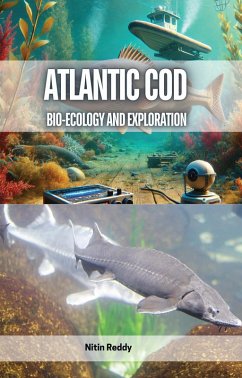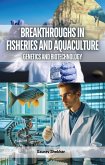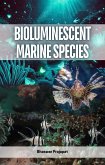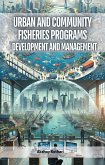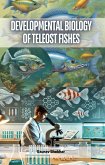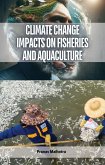Dive into the fascinating world of one of the Atlantic Ocean's most iconic fish species with "Atlantic Cod: Bio-Ecology and Exploration." This comprehensive book provides valuable insights into the life, habitat, and broader ecological significance of the Atlantic cod, a species that has been pivotal to maritime economies and ecosystems across the Northern Hemisphere. Grounded in thorough scientific research, the book is presented with clarity, engaging both academic readers and laypersons interested in marine biology and environmental conservation. It details the Atlantic cod's biological characteristics, lifecycle, and role within the marine food chain, highlighting its economic and cultural importance from North America to Europe. The book addresses the critical issue of overfishing, analyzing how it has led to dramatic declines in cod populations and the socio-economic impacts on fishing communities, especially in Newfoundland, Canada, and the New England states in the USA. Enriched with case studies and firsthand accounts, the narrative brings a human element to these ecological and economic upheavals. A significant portion of the book focuses on conservation strategies and management practices aimed at recovering Atlantic cod stocks. It discusses quota systems, gear restrictions, and closed seasons, as well as the challenges these measures face, including enforcement issues and the ongoing threat of climate change. In exploring the impacts of rising ocean temperatures and changes in sea currents, the book uses recent data to project future scenarios for cod populations and offers guidance on evolving policies. Throughout, it emphasizes the resilience of Atlantic cod and the human communities that depend on them, advocating for a balanced approach to ocean management. "Atlantic Cod: Bio-Ecology and Exploration" is a critical resource for understanding this key species and the broader environmental and economic issues facing our oceans. It is a call to action for more informed and sustainable interaction with marine environments, making it a valuable addition to the libraries of policymakers, environmentalists, and anyone concerned with the future of our planet's oceans.
Dieser Download kann aus rechtlichen Gründen nur mit Rechnungsadresse in A, B, BG, CY, CZ, D, DK, EW, E, FIN, F, GR, H, IRL, I, LT, L, LR, M, NL, PL, P, R, S, SLO, SK ausgeliefert werden.

